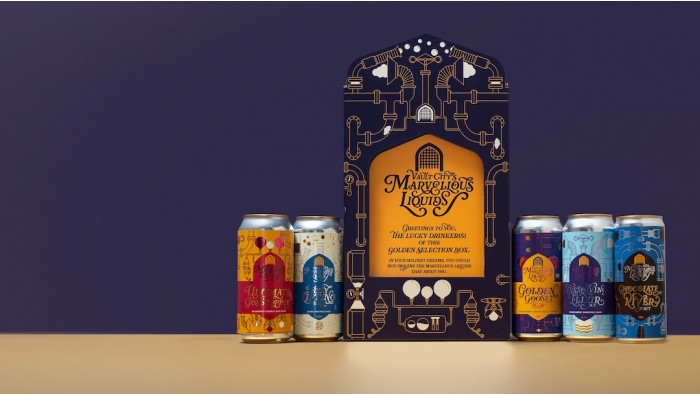We often wonder what the point of money is. We work, we get paid money, we use that money to buy beer. Why not just cut the middleman?
But it turns out that this is precisely what used to happen in the ancient Mesopotamian city of Uruk.
The city, located in modern-day Iraq, was an advanced civilisation for its time, exhibited through the construction of ziggurats and the use of clay 'letters', which utilised a writing system called cuneiform.
Common documents at the time were pay stubs, and one of them - fully 5,000 years old and pictured above - is now in the possession of the British Museum in London.
New Scientist's Alison George explained the contents of the tablet, writing "We can see a human head eating from a bowl, meaning 'ration', and a conical vessel, meaning 'beer'. Scattered around are scratches recording the amount of beer for a particular worker. It’s the world’s oldest known payslip, implying that the concept of worker and employer was familiar five millennia ago."
The practice was not just seen in this area - there are records of beer payment in ancient Egypt, while even the fourteenth century poet Geoffrey Chaucer was paid in wine by Richard II.
Given the current collapse in the value of the Pound, this could well be a system of payment we return to in the very near future.
(Image: The Trustees of the British Museum)
[via Arstechnica]
Latest
Related Reviews and Shortlists










